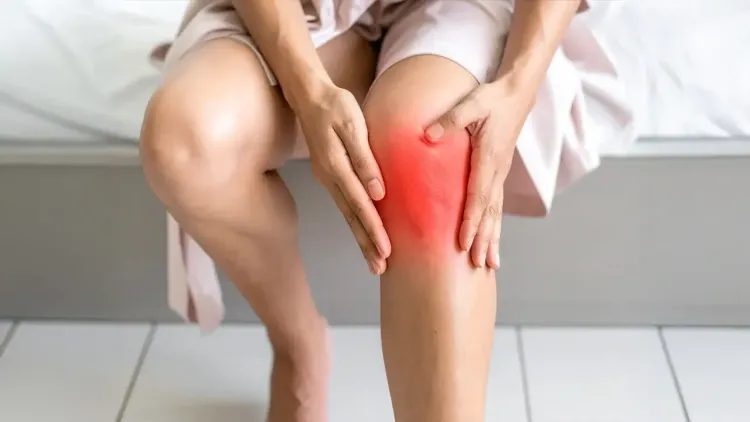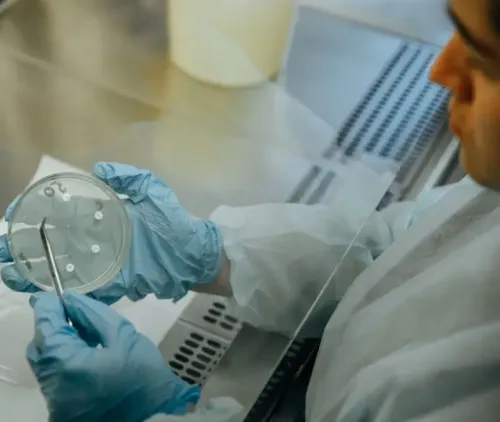Why Do Young Women Represent 70% of Autoimmune Disease Patients?

Synopsis
Key Takeaways
- 70% of autoimmune disease patients are women.
- Awareness and early screening are critical for women’s health.
- Autoimmune diseases can significantly impact daily life.
- Genetic and hormonal factors increase vulnerability in women.
- Timely diagnosis can prevent severe complications.
New Delhi, Oct 13 (NationPress) Health professionals have revealed that young women make up nearly 70% of individuals diagnosed with autoimmune diseases, highlighting the critical need for greater awareness and early detection among females.
Autoimmune diseases are persistent disorders wherein the immune system mistakenly targets healthy cells and tissues. Common examples include rheumatoid arthritis, lupus, thyroiditis, psoriasis, and Sjögren’s syndrome. These conditions can impact joints, skin, blood vessels, and vital organs such as the heart and lungs.
This issue is significantly more prevalent among women, particularly those aged between 20 and 50, when hormonal fluctuations and lifestyle factors are pronounced. Often, due to a lack of awareness, women may disregard their symptoms, resulting in deteriorating health conditions.
“In my outpatient clinic at AIIMS, approximately 70% of patients with autoimmune diseases are women. We observe a distinct trend where women tend to seek help late, overlooking chronic symptoms,” stated Dr. Uma Kumar, Head of Rheumatology at AIIMS, New Delhi.
“Factors such as genetic predisposition, hormonal shifts during reproductive years and post-childbirth, alongside stress, obesity, and nutritional deficits, can heighten their susceptibility to autoimmune disorders,” she elaborated during the 40th Annual Conference of the Indian Rheumatology Association (IRACON 2025).
The medical community expressed concern that the situation in India deteriorates as women often neglect early warning signs like fatigue, joint stiffness, or swelling, dismissing them as trivial issues or stress-related symptoms.
Many postpone consulting healthcare professionals due to family obligations, lack of knowledge, or societal pressures, allowing the disease to silently progress until it escalates into severe stages.
Kumar emphasized the urgency to recognize autoimmune disorders as a significant women's health concern in India.
A recent investigation by Stanford University discovered that women produce a unique molecule known as Xist RNA, which regulates one of their two X chromosomes.
However, this molecule can occasionally mislead the immune system, prompting it to attack the body's own healthy cells instead of safeguarding them—an essential factor in the higher incidence of autoimmune diseases among women.
“In my clinical practice, about 70% of autoimmune patients are women, many of whom have experienced years of ineffective treatment before consulting a specialist. We must identify early signs, particularly in women, to facilitate timely referrals to rheumatologists. Early diagnosis can avert long-term disability,” remarked Dr. Pulin Gupta, Professor and Rheumatologist at Dr. Ram Manohar Lohia Hospital.
Dr. Bimlesh Dhar Pandey, from a prominent city hospital, noted that women frequently endure unexplained joint pain or swelling for years before receiving a diagnosis.
“Many patients are in their 30s or 40s, balancing family and professional responsibilities. By the time they consult us, the disease has often already inflicted damage on their joints or organs,” Pandey highlighted, calling for increased awareness.









